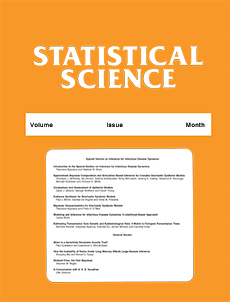Abstract
We study sequential decision making in environments where rewards are only partially observed, but can be modeled as a function of observed contexts and the chosen action by the decision maker. This setting, known as contextual bandits, encompasses a wide variety of applications such as health care, content recommendation and Internet advertising. A central task is evaluation of a new policy given historic data consisting of contexts, actions and received rewards. The key challenge is that the past data typically does not faithfully represent proportions of actions taken by a new policy. Previous approaches rely either on models of rewards or models of the past policy. The former are plagued by a large bias whereas the latter have a large variance.
In this work, we leverage the strengths and overcome the weaknesses of the two approaches by applying the doubly robust estimation technique to the problems of policy evaluation and optimization. We prove that this approach yields accurate value estimates when we have either a good (but not necessarily consistent) model of rewards or a good (but not necessarily consistent) model of past policy. Extensive empirical comparison demonstrates that the doubly robust estimation uniformly improves over existing techniques, achieving both lower variance in value estimation and better policies. As such, we expect the doubly robust approach to become common practice in policy evaluation and optimization.
Citation
Miroslav Dudík. Dumitru Erhan. John Langford. Lihong Li. "Doubly Robust Policy Evaluation and Optimization." Statist. Sci. 29 (4) 485 - 511, November 2014. https://doi.org/10.1214/14-STS500
Information





